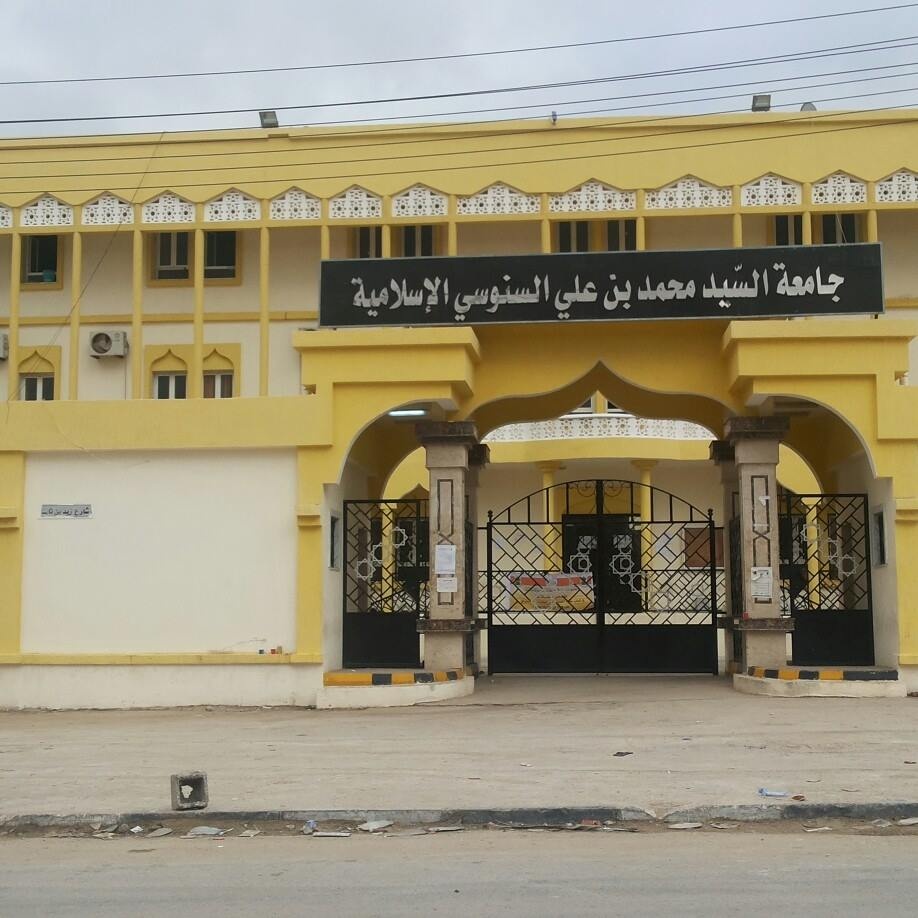The University of Mohamed al- Senussi is one of the most ancient, prestigious and popular universities in the Arab world. It’s the second university established in Libya and the first of its specialization in the systematic teaching of Islamic studies.
Situated high above the Green Mountain in the city of Al-Bayda, it is known for its jihadist history and the ferocity of its resistance during colonial times. The city was also buoyant by scientific and cultural life. It was a science sat, which was to become a major centre of learning and culture at that time in the whole world that atmosphere created an internationally recognized university and a library containing hundreds of thousands of references, which was added to the historic aura of the city.
The University was founded as early as 1841 AD. It was first known as a centre of Islamic learning, originally a "Zawia", teaching students at different levels, but has since been developed into an intermediate college, thereafter, to the University of Muhammed al- Senussi with its modern curriculum of Islamic studies in 1960, with three Faculties, including Arabic, Theology and Islamic Law. It is ranked first in Libya in the Webometrics University Rankings.
The University has experienced political instability, and was renamed for several times following the military coup led by Muamar Gadhafi in 1969. The three faculties were incorporated into one as an Arabic language faculty and the university was named The Islamic Bayda university before being disbanded and students were forced to finish their course in the law faculty of Benghazi university. After 2011, the university reverted under its first name.
Students who graduated from Ahmed Bash secondary school in Tripoli are to travel to Al-Bayda city to finish their studies at this University, but it also attracted additional audiences from all over the world, including Egypt, Chad, Indonesia, Cyprus, Malaysia, Malta and others, due to the high qualified staff, in addition to the advantages it offered in different factors, as its provision of a competitive atmosphere by awarding honours and high level remuneration for best researches and top students.
The institution drew highly efficient scholars from different countries, especially from Egypt; all who have worked there expressed their appreciation for the warmth and brotherly welcome given to them from the King, students and people of Libya, in addition to the beautiful landscape and climate of Bayda city, which made it a favoured spot to live in after the homeland.
King Senussi dedicated the university with great interest and respect to its staff and students. He offered large income and operating budget, it was under his direct supervision.
He granted the university's director, Sheikh Masour al-Mahjoub, direct contact with the royal court; the highest institution in the stat. He was a courageous and brave man who managed to impose the university's respect on all state institutions. Anyone who exposes to the university, its students, its teachers or its curricula will find himself facing the royal court. That helped to increase the university's visibility in the country.
The top students of the three colleges were sent to pilgrimage every year on the university's account, beside tickets to multiple countries were awarded to successful students in the research field.
One of the beautiful journeys was the bus trip to the Maghreb countries and Spain. It originated from Ahmed Pasha Mosque carrying 120 students, in addition to professors via Tunisia, Algeria and Morocco, and then across Gibraltar to Andalusia "Spain." The trip lasted two months with luxury accommodation at the expense of the university.
Among the travellers was Sheikh Mahmoud al-Qandi, director of the Department of Preaching and Religious Guidance at the time. He had the privilege to make Azan (call for paryer) above the famous Minaret of Seville and over the Mosque of Cordoba; it was such a poignant moment for those who have witnessed the event.
Seven courses graduated from the university before being disbanded by Gadhafi's regime. The first class was in 1962 and its alumni were the ones who carried the light of knowledge in the country in the language and theology field. Its alumni list also included some key figures who had their say in the 2011 revolution and played an important role.

